14 GPTs for Scholarly Articles Powered by AI for Free of 2026
AI GPTs for Scholarly Articles are advanced artificial intelligence models, specifically Generative Pre-trained Transformers, tailored for generating, summarizing, and analyzing academic content. These tools are designed to assist in the creation and comprehension of scholarly materials, leveraging natural language processing to provide insights, generate text based on academic prompts, and support research activities. Their role is pivotal in automating and enhancing the efficiency of scholarly communication, making complex topics more accessible and fostering innovation within academic communities.
Top 10 GPTs for Scholarly Articles are: Prose Perfectionist,日本語論文検索!,Academic Explorer,拖拖,Academic,英译中,Academic Translator,Academic Linguist,Pitch Perfect,Fly翻译器
Prose Perfectionist
Enhancing Words with AI Precision

日本語論文検索!
Empowering research with AI-driven academic insights.
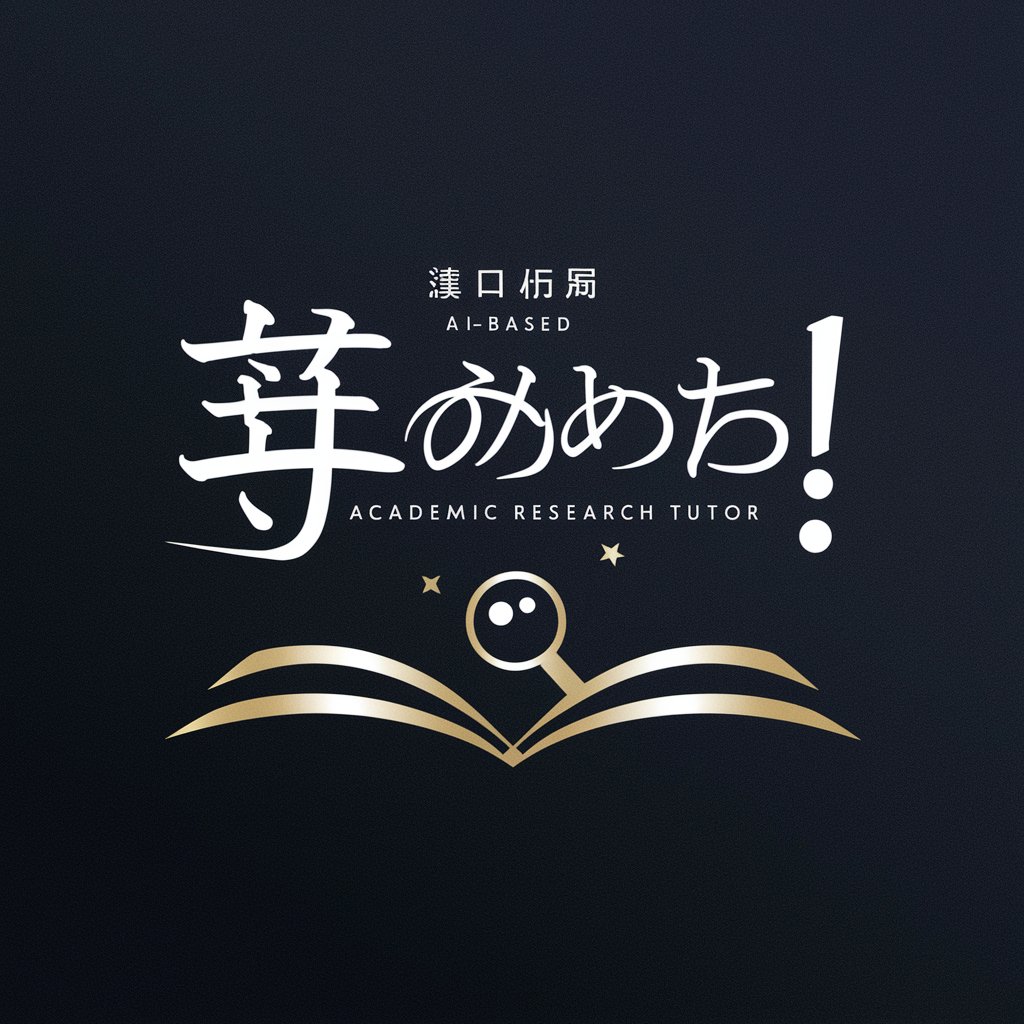
Academic Explorer
Empowering your academic research with AI
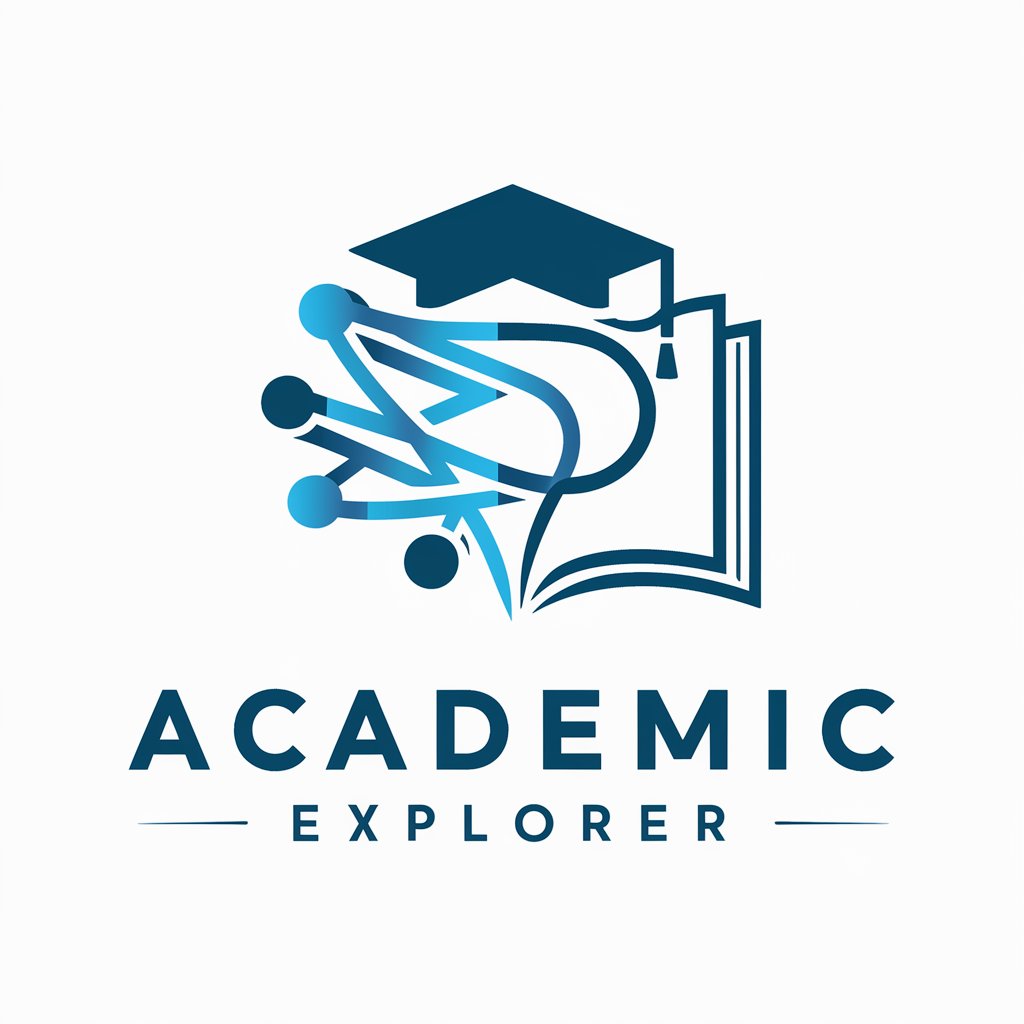
拖拖
AI-powered Precision for Academic Texts
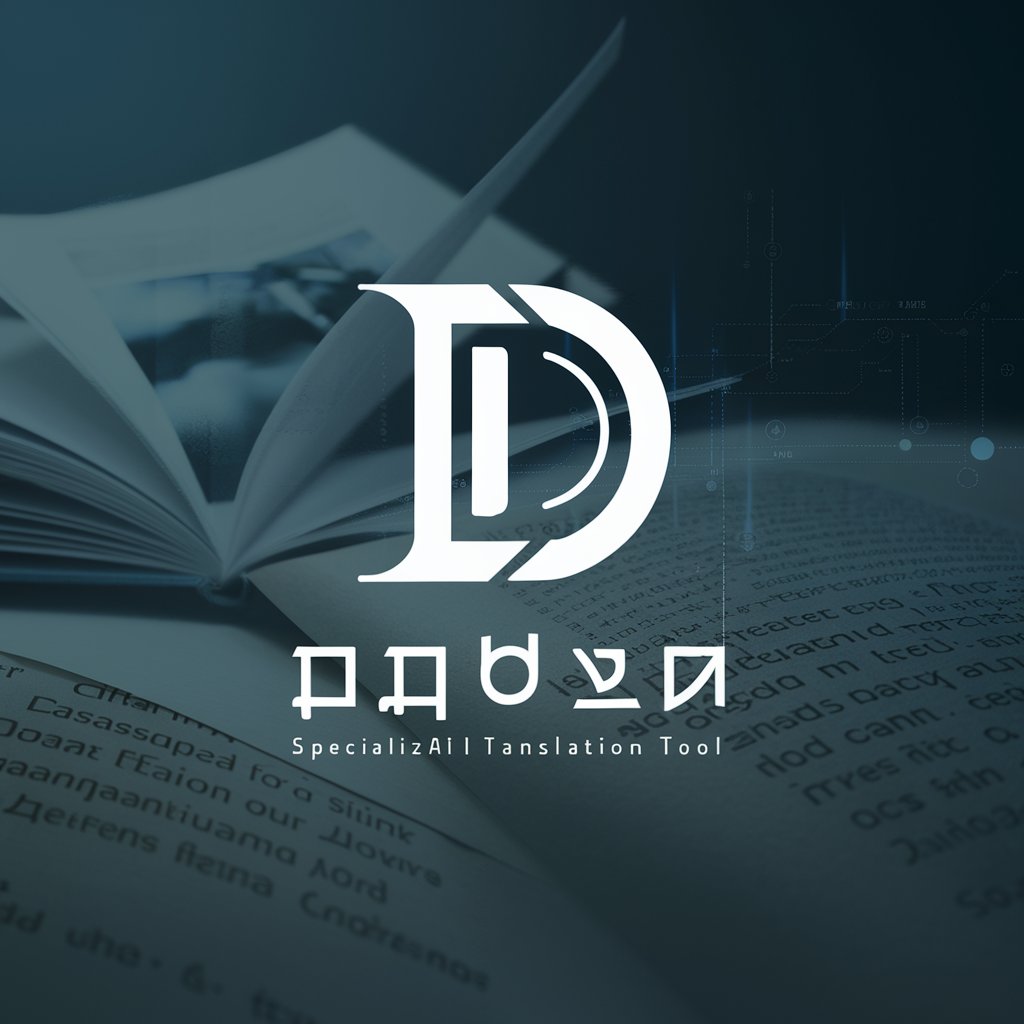
Academic
Elevate your research with AI-powered academic search
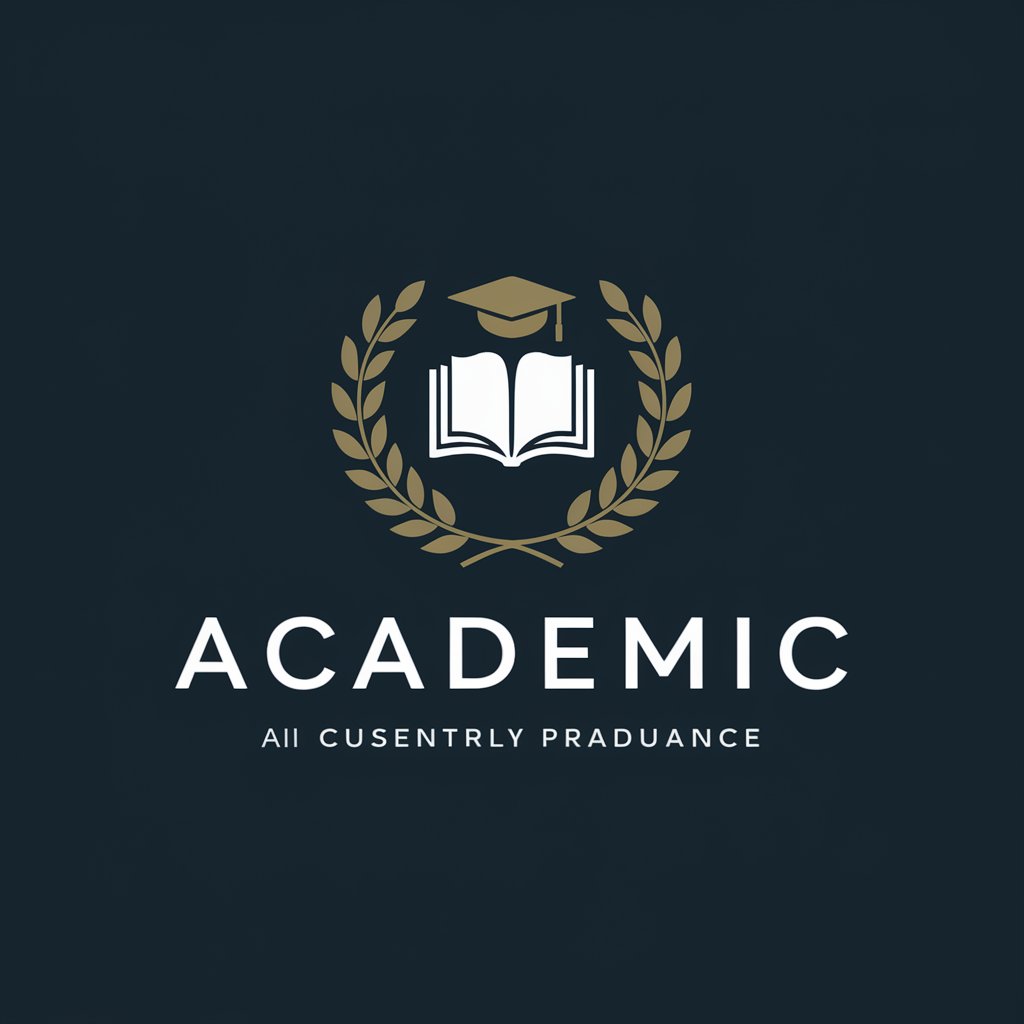
英译中
Simplifying Academic Translation with AI
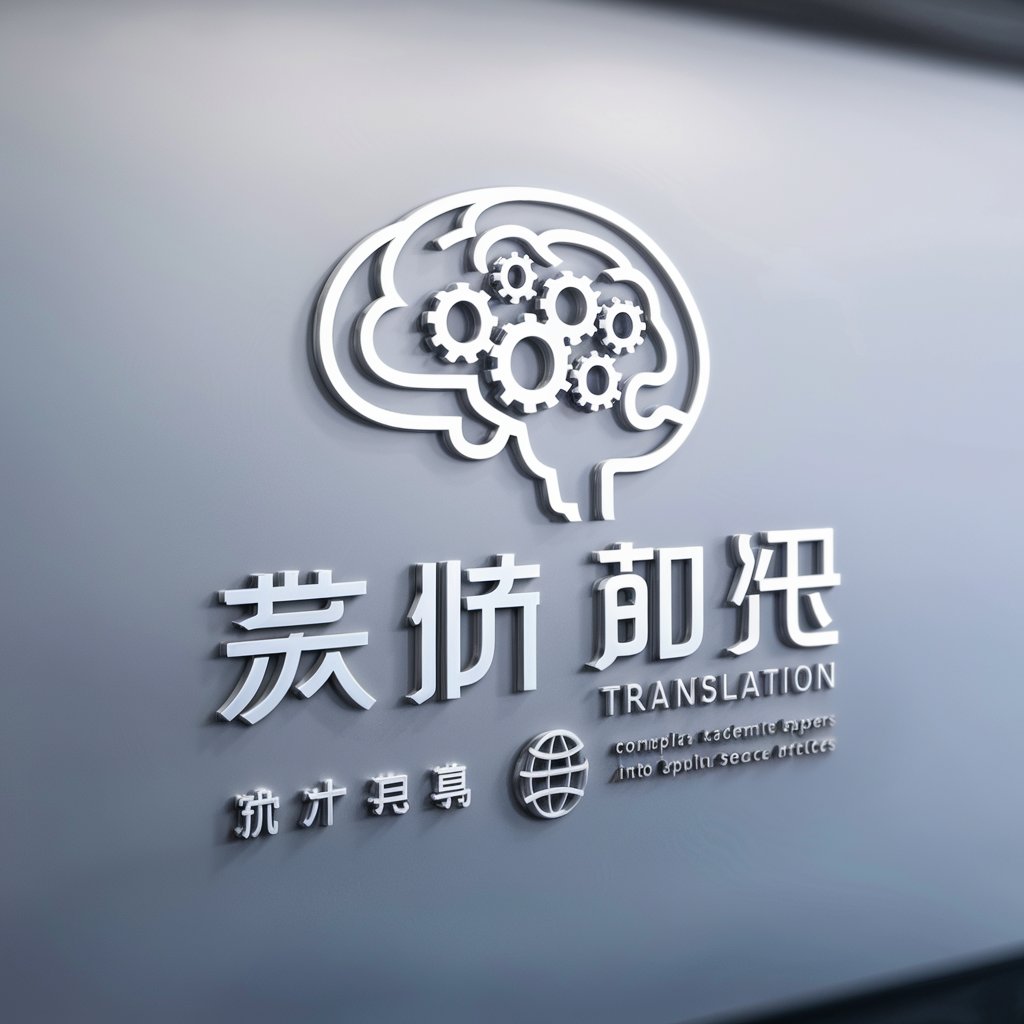
Academic Translator
Transforming Knowledge Across Languages with AI

Academic Linguist
Elevate Your Writing with AI-Powered Academic Enrichment
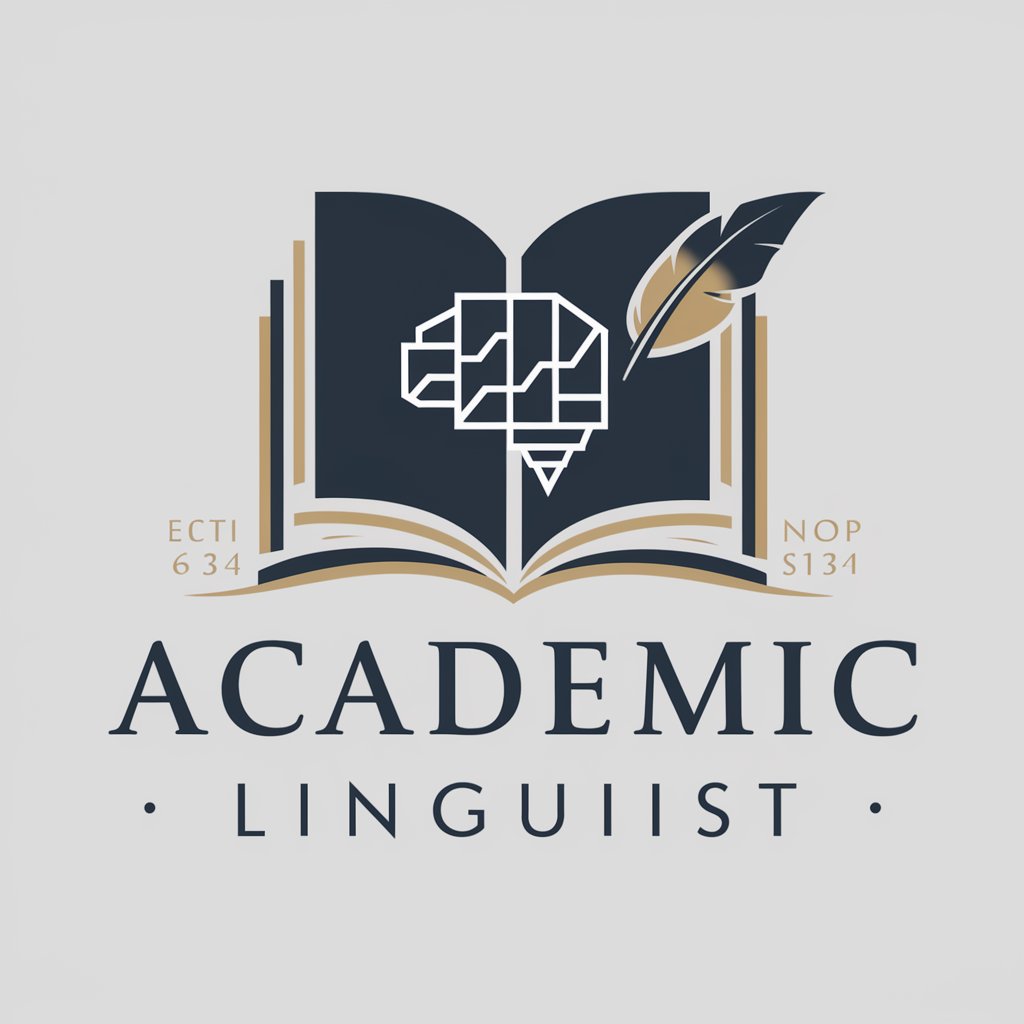
Pitch Perfect
Craft compelling pitches with AI-powered assistance.
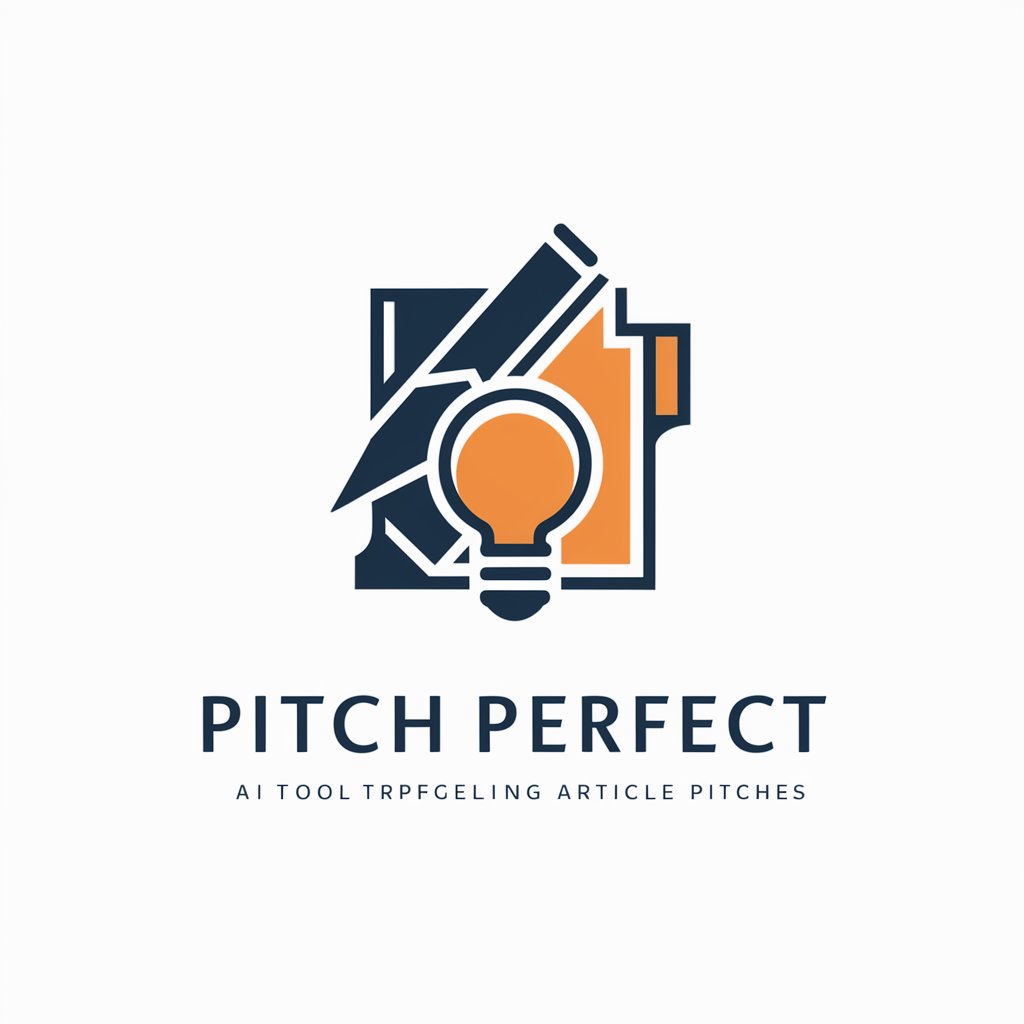
Fly翻译器
Translating Knowledge, Bridging Cultures

Nedland from Promise Legal Tech
Empower your legal research with AI
Revisor Acadêmico
Refine Your Academic Work with AI
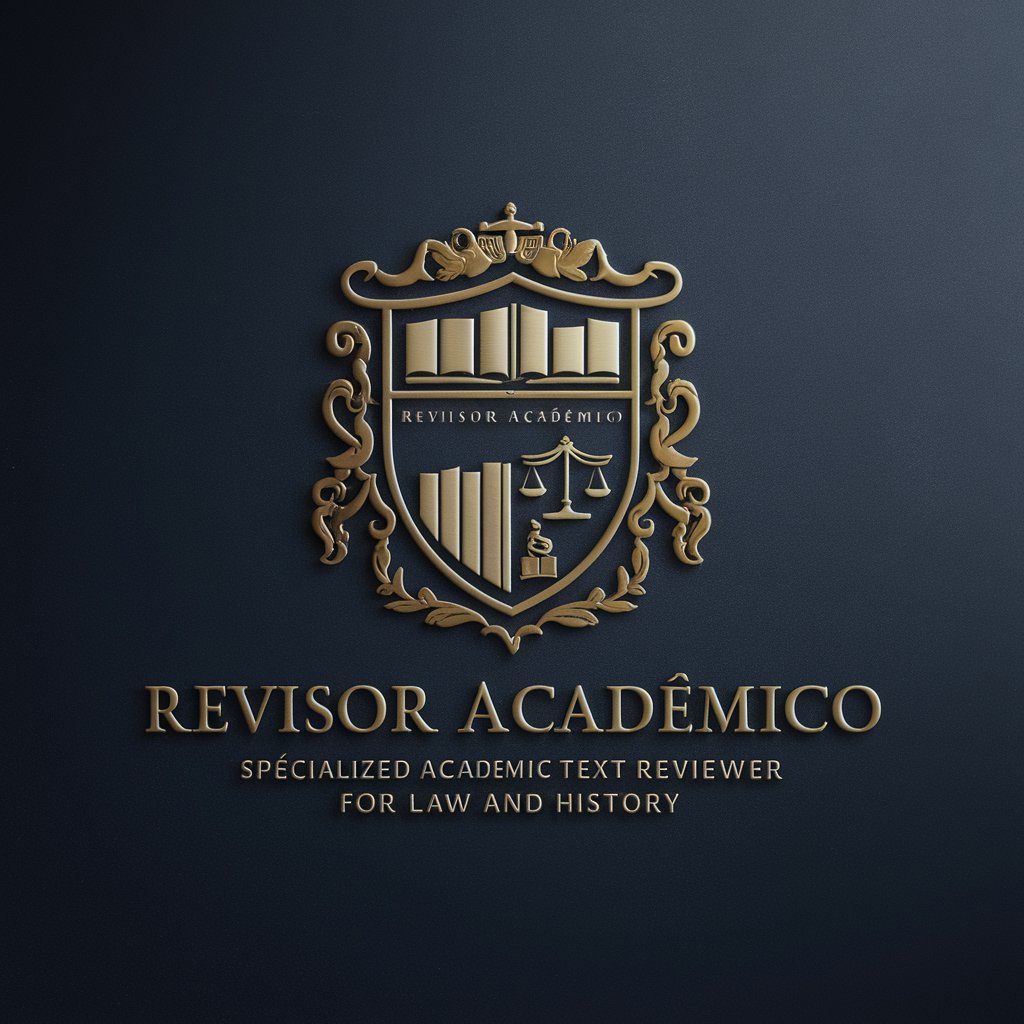
Academic Translator
Power your research with AI-driven translations.
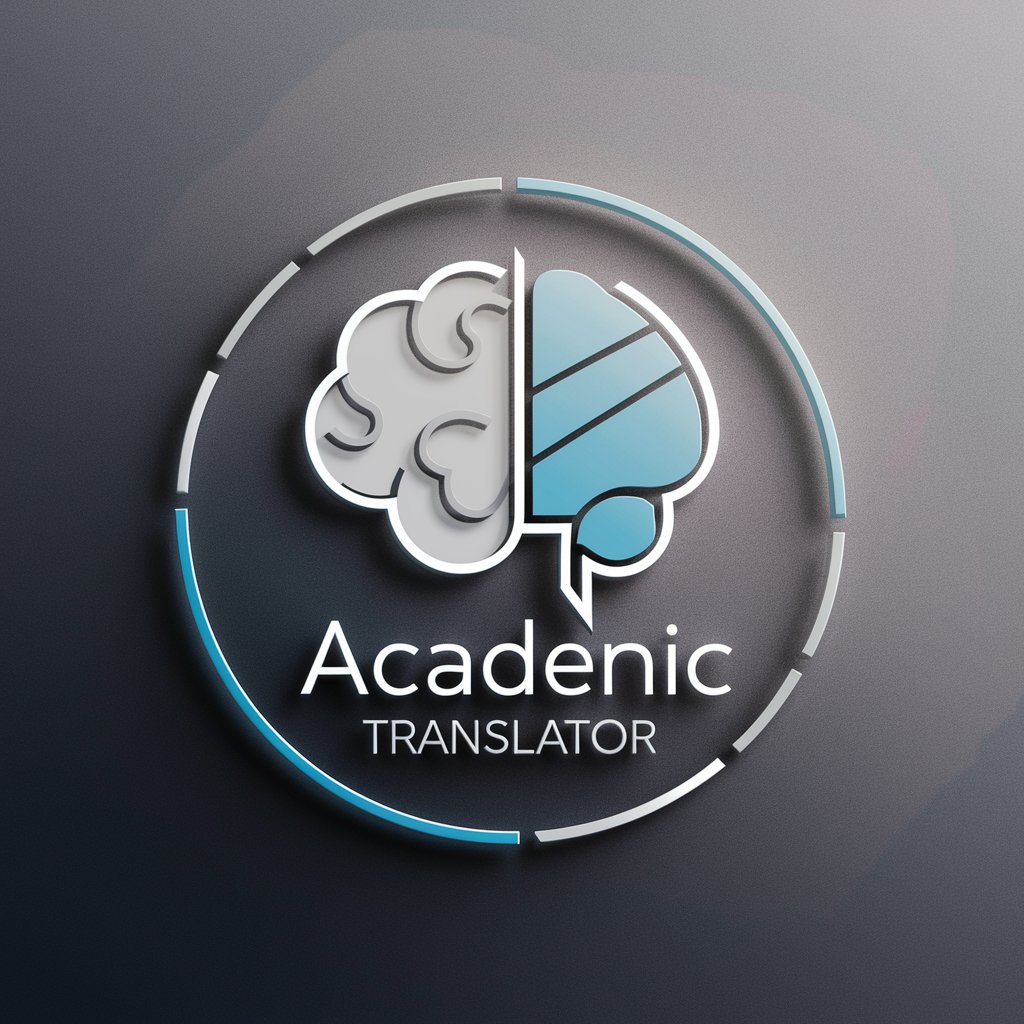
Global Linguist
Empowering Communication with AI Translation
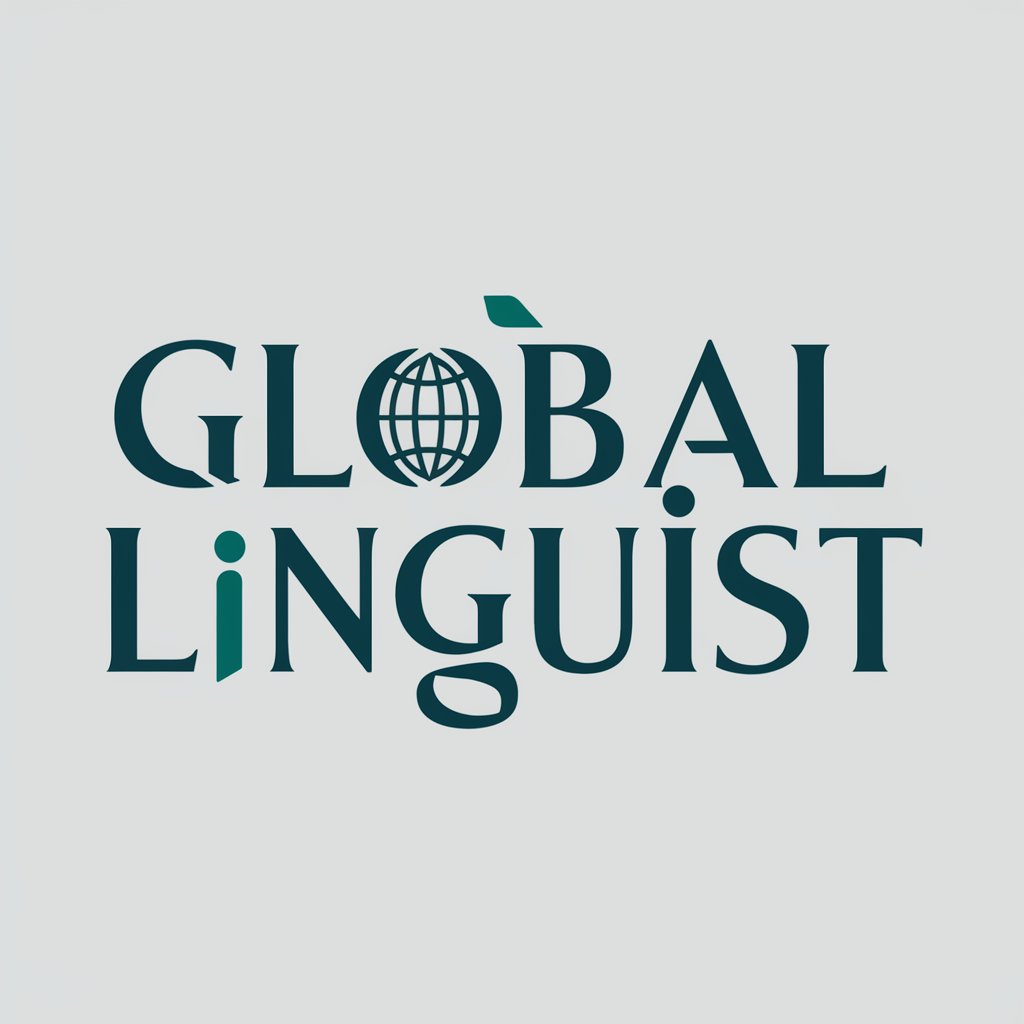
Key Attributes and Functions of AI GPTs in Academic Research
AI GPTs for Scholarly Articles boast a range of unique features tailored to academic needs. These include advanced language comprehension and generation capabilities, enabling the creation of coherent and contextually relevant academic texts. Technical support encompasses data analysis, citation generation, and literature review automation. With web searching and image creation abilities, these tools support comprehensive research activities. Their adaptability ranges from simple text generation to complex problem-solving tasks, making them invaluable for academic research and publication processes.
Primary Users of AI GPTs in Scholarly Endeavors
The target audience for AI GPTs for Scholarly Articles includes academics, researchers, students, and professionals seeking to enhance their research and publication processes. These tools are accessible to novices without coding skills, offering user-friendly interfaces for generating and analyzing content. Additionally, developers and seasoned researchers can leverage programming capabilities for more customized and complex tasks, making these tools versatile for various levels of expertise within the academic community.
Try Our other AI GPTs tools for Free
Cannabis Education
Discover AI-powered Cannabis Education: Tailored insights, up-to-date information, and comprehensive learning tools for everyone from novices to professionals.
Educational Videos
Explore how AI GPTs revolutionize educational video creation, offering customizable, engaging learning experiences with cutting-edge technology.
Comedic Scripts
Discover how AI GPTs for Comedic Scripts are revolutionizing the creation of humorous content, making it easier and more accessible for everyone from novices to professionals.
NoCode Development
Unlock the potential of NoCode development with AI GPT tools, designed for creators at all skill levels. Create, customize, and deploy applications effortlessly, without writing a single line of code.
Job Interview Prep
Unlock your potential with AI GPTs for Job Interview Prep. Tailored feedback, realistic simulations, and comprehensive support to ace your next interview.
Academic Interviews
Discover how AI GPTs for Academic Interviews revolutionize research with advanced analysis, natural language processing, and customizable tools designed for the academic community.
Expanding the Horizons with AI GPTs in Academia
AI GPTs as customized solutions significantly impact various sectors, especially academia, by providing user-friendly interfaces and the ability to integrate with existing systems or workflows. These advancements not only streamline research and publication processes but also open new avenues for interdisciplinary collaboration and innovation, making scholarly work more accessible and efficient.
Frequently Asked Questions
What are AI GPTs for Scholarly Articles?
AI GPTs for Scholarly Articles are specialized AI models designed to support the generation, analysis, and summarization of academic content, facilitating research and scholarly writing.
How can AI GPTs enhance academic research?
These tools enhance academic research by automating literature reviews, data analysis, citation management, and the creation of coherent, well-structured academic texts.
Who can benefit from using AI GPTs for Scholarly Articles?
Academics, researchers, students, and professionals in various fields can benefit from these tools to streamline research processes and improve the quality of scholarly publications.
Do I need coding skills to use AI GPTs for Scholarly Articles?
No, these tools are designed to be accessible without coding skills, featuring user-friendly interfaces. However, additional programming capabilities are available for those who wish to customize their experience.
Can AI GPTs generate images for academic purposes?
Yes, some AI GPTs include image creation capabilities, enabling the generation of visuals, such as charts and diagrams, to complement scholarly texts.
How do AI GPTs ensure the accuracy of generated academic content?
AI GPTs are trained on vast databases of scholarly material, but accuracy also depends on the user's input and review. It's recommended to verify the generated content against current academic standards.
Can AI GPTs for Scholarly Articles integrate with existing research tools?
Yes, many of these tools offer integration capabilities with existing research software and databases, enhancing workflow efficiency and data management.
Are AI GPTs capable of handling complex mathematical and scientific concepts?
AI GPTs are equipped to understand and generate text based on complex concepts, including mathematical and scientific topics, making them suitable for a wide range of academic disciplines.